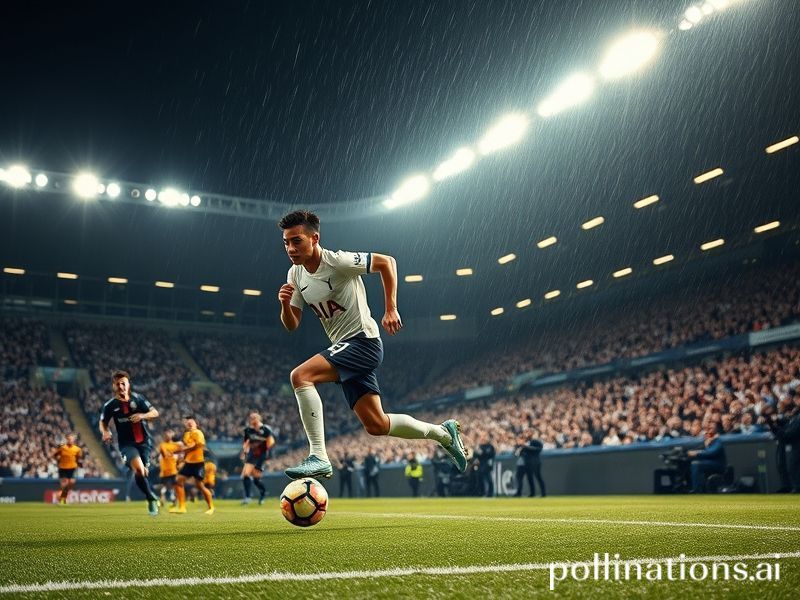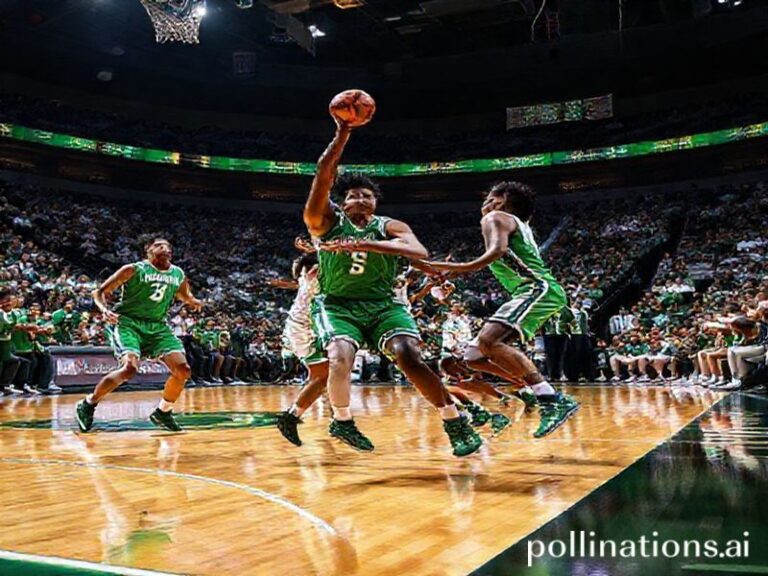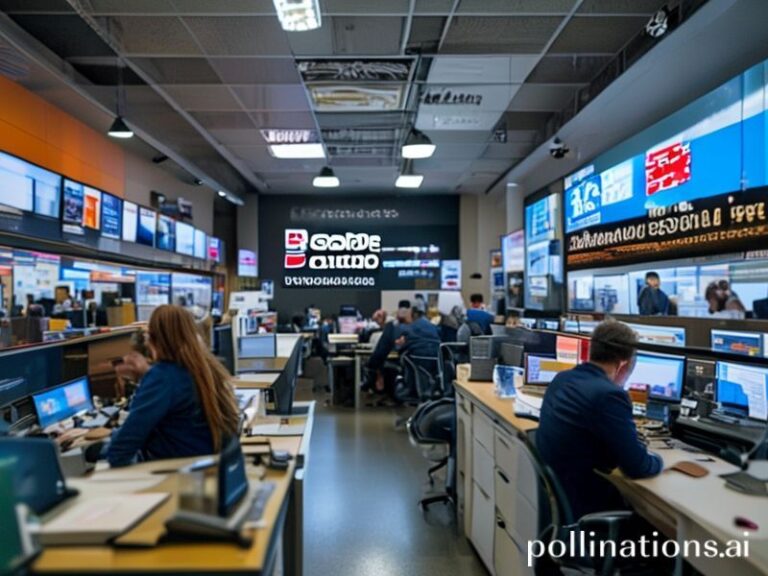From Ration Books to NFTs: The Global Tale of Tottenham vs. Wolves
The North London–Black Country derby is not, by any stretch of the imagination, a rivalry that keeps the United Nations Security Council awake. Still, the timeline of Tottenham Hotspur versus Wolverhampton Wanderers has quietly become a pocket-sized chronicle of late-capitalist Europe—equal parts soap opera, transfer-market blood sport, and grim weather report.
1951: Spurs swagger into Molineux and leave with a 5-2 victory, at a time when Britain still rationed bacon and the average house cost less than Harry Kane’s current weekly manicure. The Empire is dissolving, but Stanley Matthews is still a deity and nobody has yet invented the concept of “expected goals.” Wolves, led by Billy Wright—the original poster boy for side-parted hair—absorb the defeat with the stiff-upper-lip stoicism that would later prove utterly useless against TikTok.
1972: UEFA Cup final, two legs, Spurs vs. Wolves. London’s swinging reputation meets the West Midlands’ fondness for foundries and existential gloom. Spurs win on aggregate, proving that continental silverware can indeed be lifted by men whose diet consists of unfiltered cigarettes and post-match steak-and-ale pie. Somewhere in Buenos Aires, a young Diego Maradona is stealing a transistor radio to listen; neither he nor the radio survives the decade intact.
2003: Relegation-threatened Wolves beat Spurs 3-1. The global audience is roughly the population of Liechtenstein, but the match is beamed to a cruise ship off Barbados where a retired commodities trader from Frankfurt realizes his entire net worth is now tied to collateralized debt obligations. The final whistle coincides with the first tremor of the 2008 financial earthquake; correlation is not causation, except when it is.
2010: A 3-1 Spurs win at Molineux features a Luka Modrić master-class. The Croatian is still a year away from being labeled “too lightweight for the Premier League” by pundits who now pay to watch him in 4K. In the stands, a Wolves fan live-tweets the match on a BlackBerry; the device is already obsolete, but so is hope, so the symmetry is pleasing.
2019: January. Lucas Moura’s late winner at Wembley is celebrated by a stadium half-empty because half of North London is stuck on a Metropolitan line train that has inexplicably terminated at Baker Street since 1979. Amazon’s “All or Nothing” cameras capture every grimace, turning human disappointment into streaming content for 190 countries. Somewhere in Silicon Valley, a product manager adds “monetize Spurs-induced despair” to the sprint backlog.
2021: A pandemic-era fixture staged in front of cardboard cutouts. Wolves equalize via a Ruben Neves free kick so aesthetically pure it briefly crashes NFT marketplaces. The global death toll is grim; the Premier League’s pay-per-view model is grimmer. A viewer in Lagos tweets a screenshot of the ghostly stand with the caption “late-stage capitalism seating chart.” It receives 2.3 million likes and zero refunds.
2023: Ange Postecoglou’s Spurs press like caffeinated ferrets, Wolves counter like existentialist ferrets. The game ends 1-2; Postecoglou praises “footballing principles,” thereby inventing a new form of grief counseling. In the mixed zone, Matheus Cunha reveals his pre-match playlist includes Nick Cave and the Bad Seeds—confirmation that even Brazilian wingers now soundtrack their lives with murder ballads.
2024, April: Tottenham win 2-1, inching toward a Champions League place financed by a £1 billion stadium that looks suspiciously like an intergalactic waffle iron. Wolves, meanwhile, are mid-table, owned by a Chinese conglomerate whose other holdings include a theme park where animatronic pandas explain supply-chain disruptions to toddlers. Somewhere on the Pacific Ring of Fire, a volcano erupts; the seismic waves register on the VAR monitor, but the goal stands.
Conclusion: Over seven decades, Spurs vs. Wolves has mirrored the arc of the post-war West: early imperial confidence, industrial decline, turbocharged globalization, and the final triumph of content over context. Each fixture is a tiny referendum on whether football is still the people’s game or merely a 90-minute hedge fund with corner flags. The scoreline changes, the planet warms, and somewhere a pundit declares “this league never stops.” That, dear reader, is precisely the problem.







